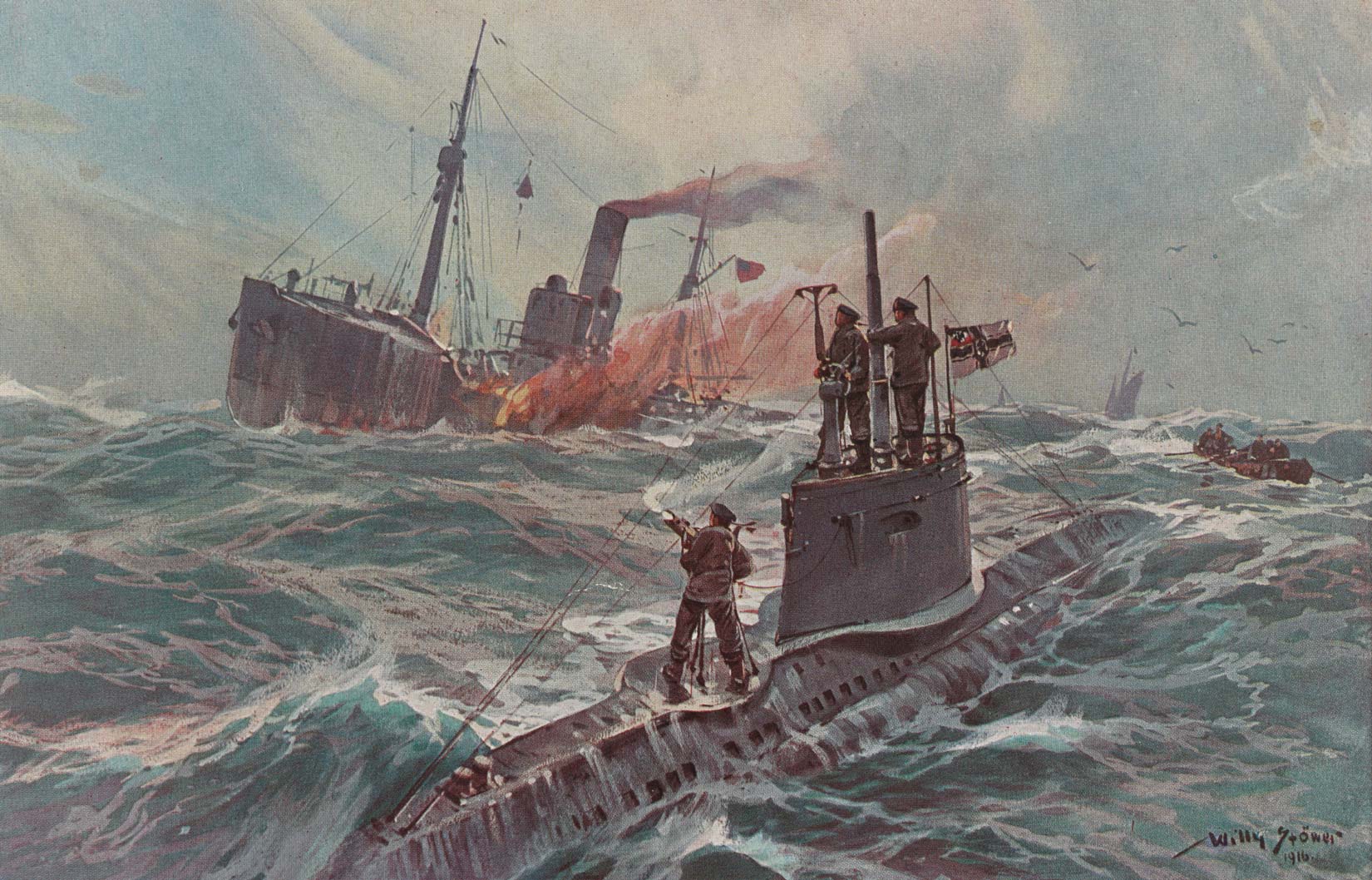League of Nations hears of disarmament progress
Geneva, 9 September 1922 – The Third Assembly of the League of Nations in Geneva has heard that all the armies of Europe have, as a whole, reduced in size by 25%.
In replies provided by 24 states on the question on disarmament, Britain indicated that it had reduced its naval armaments by 55%, France by 36%, Italy by 41% and Japan by 59%.
In terms of military armaments, Italy had shed 85 battalions and reduced the period of service, while France had released 200,000 men from its army while reducing the term of service from three years to 18 months.
The information was published in the Cecil Report on disarmament, compiled by Robert Cecil. The report is clear that these reductions were brought about for economic rather than idealistic reasons. The report also contained a non-aggression pact with the obligation to mutual defence limited to nations on the same continent. The report was unanimously passed.
The decision to reduce armaments was voted on at the Washington Conference which took place between November 1921 and February 1922.
The League’s work
At the morning session on 7 September, the assembly heard from
Viscount Ishii of Japan who told delegates that they could be
proud of what had already been achieved: they had dealt with the
difficult
problems of Upper Silesia
and in this and other international questions they could provide
very important services.
The Swiss delegate, Giussepe Motta, however, told the assembly that international relations were more disturbed than ever and that the League must become a League for All Nations – in other words it must be for everyone or no one.
The composition of the League continues to change. It is being reported that a formal withdrawal of Nicaragua is being contemplated owing to an inability to meet its share of the expenses, while Persia has officially presented its candidacy for a seat on the council.
Hungary has applied for League membership and the consensus is that it will be successful on condition that an assurance is given that the Hapsburgs, the former ruling family of the Austro-Hungarian Empire, will never again be restored to the throne.
[Editor's note: This is an article from Century Ireland, a fortnightly online newspaper, written from the perspective of a journalist 100 years ago, based on news reports of the time.]





















